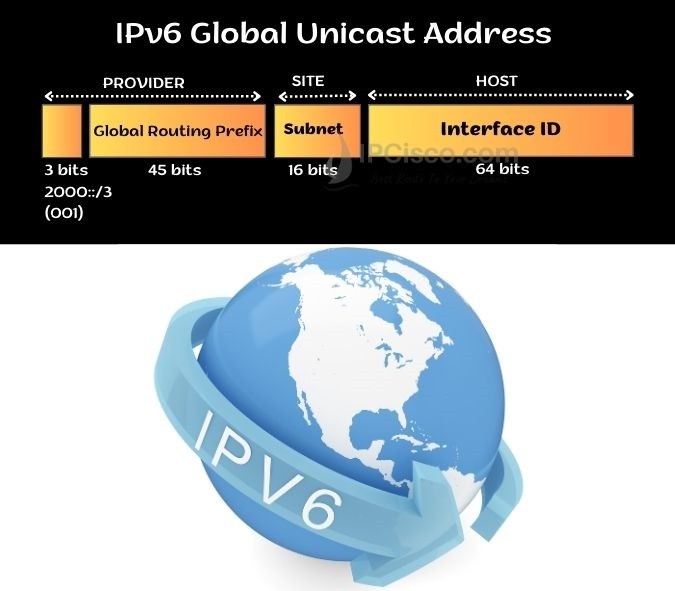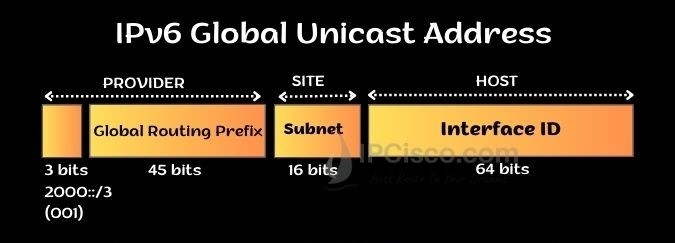- COURSES
- SPECIALS
- BLOG
- MEMBERS
- SHOP
- ABOUT
- ENROLL HERE

Another important IPv6 address type is IPv6 Global Unicast Address. These are the globally routable and reachable IPv6 addresses over Internet. In other words, they are IPv6 Addresses of Internet. Like all IPv6 address types, this address type is also important in Cisco CCNA Certification Exam.
How to Configure IPv6 on Routers with Packet Tracer?
Table of Contents
Global Unicast Address is a routable IPv6 address that we use on Internet. It is similar to IPv4 Public IP Addresses. These addresses are assigned by IANA (Internet Assigned Numbers Authority).
There are many Global Unicast Address available that we can use on different devices even on the newly IP available Internet of Things (IoT) devices. All the connected devices need to have one of these public IPv6 global addresses. There is no IP address exhaust problem in the world after IPv6 addresses. So, we can assign an IPv6 GUA to these connected devices.
You Can Also Check Comparison of IPv4 versus IPv6!
IPv6 Global Unicast prefix is 2000::/3. The high level 3 bits of this prefix are 001. And the fourth bit can be 0 or 1. This means that, a IPv6 Global Address can start with hex digit 2 or 3 according to the value of the fourth bit.
Here, the range of ipv6 global address is 2000::/3 to 3FFF::/3.
In Global Unicast Address, there are different parts. The first 3 bits of these addresses are fixed. The binary form of these three bits is 001. The remaining parts are 45 bits Global Routing Prefix, 16 bits Subnet ID and 64 bits Interface ID. Below, you can see these Ipv6 Global Address parts.


Leave a Reply